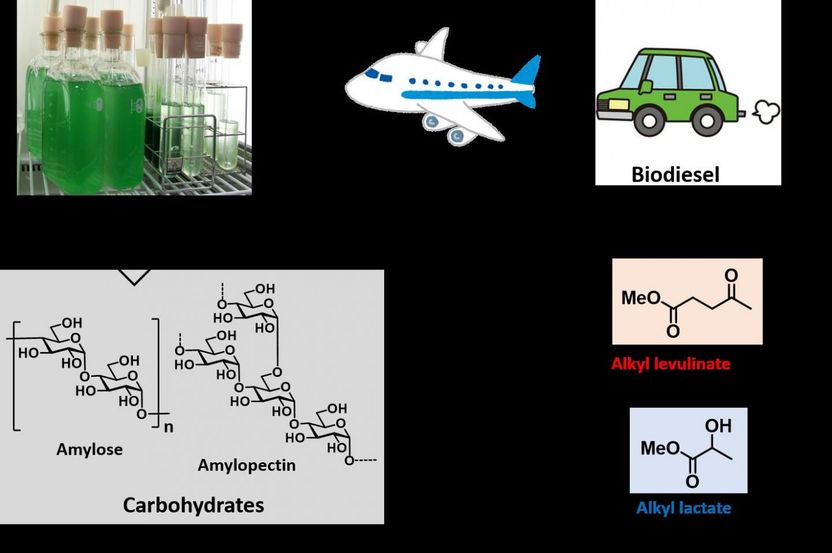New Phase II Data on Millennium's Proteasome Inhibitor Holds Promise for Patients with Refractory Multiple Myeloma
Cambridge, MA, December 10, 2001 - Millennium Pharmaceuticals, Inc. announced today preliminary findings of an ongoing phase II clinical trial of its investigational drug LDP-341 (formerly known as PS-341) in patients with multiple myeloma who have failed to respond to other treatments. The study results, announced at the annual meeting of the American Society for hematology in Orlando, FL, showed that LDP-341 halted the progression of the disease in almost all study participants while reducing a primary marker of cancer severity in a significant number of patients. In addition, those receiving the new therapy experienced manageable side effects.
LDP-341 is designed to specifically block proteasomes, which are enzymes in the cell responsible for breaking down a variety of proteins, including many that regulate cell division. Laboratory studies suggest that by inhibiting the proteasome, LDP-341 in cancer cells halts cell division, and ultimately causes programmed cell death (also known as apoptosis). While healthy cells appear to be able to recover from the effects of proteasome inhibition, cancer cells seem to be more sensitive to its pro-apoptotic effects. Therefore, proteasome inhibition with LDP-341 offers the potential to target cancer cells while sparing healthy ones.
Study findings
LDP-341 - the first proteasome inhibitor to enter clinical trials - has been evaluated in over 150 patients with relapsed and refractory multiple myeloma, a cancer of the plasma cell (a type of white blood cell responsible for producing infection-fighting antibodies) in the bone marrow. Among the patients included in the study presented today, there was an average of five prior therapies for their cancer, including 70 percent who previously received thalidomide and 53 percent who had prior stem cell transplantation or other high dose therapy.
Preliminary safety results were presented based on 93 patients and preliminary efficacy results were presented based on 54 patients who had completed a minimum of two cycles of therapy. The majority of patients receiving LDP-341 experienced a reduction or stabilization in their M protein, a substance in the blood that physicians use to determine the severity of multiple myeloma. Specifically, 40 percent of patients (22 out of 54) had at least a 50-percent reduction in their M protein levels after just two cycles of therapy, while 11 percent (six out of 54) had at least a 90-percent reduction. In addition, LDP-341 completely halted the progression of the disease in an additional 33 percent of patients (18 out of 54). Notably, one patient who had undergone 14 unsuccessful therapies had M protein levels that completely disappeared after treatment with LDP-341. Overall, 85 percent of patients (46 of 54) in the study experienced stabilization of the disease or a reduction in their M protein levels after receiving LDP-341 for six weeks.
Side effects with LDP-341 were manageable and included fatigue, diarrhea, decreased platelets, and peripheral neuropathy. There was no hair loss or apparent increase in infection risk as often is seen with patients on chemotherapy. Only 9 percent of patients in the study discontinued due to adverse events.
Other news from the department science
Most read news
More news from our other portals
See the theme worlds for related content
Topic world Antibodies
Antibodies are specialized molecules of our immune system that can specifically recognize and neutralize pathogens or foreign substances. Antibody research in biotech and pharma has recognized this natural defense potential and is working intensively to make it therapeutically useful. From monoclonal antibodies used against cancer or autoimmune diseases to antibody-drug conjugates that specifically transport drugs to disease cells - the possibilities are enormous

Topic world Antibodies
Antibodies are specialized molecules of our immune system that can specifically recognize and neutralize pathogens or foreign substances. Antibody research in biotech and pharma has recognized this natural defense potential and is working intensively to make it therapeutically useful. From monoclonal antibodies used against cancer or autoimmune diseases to antibody-drug conjugates that specifically transport drugs to disease cells - the possibilities are enormous























































